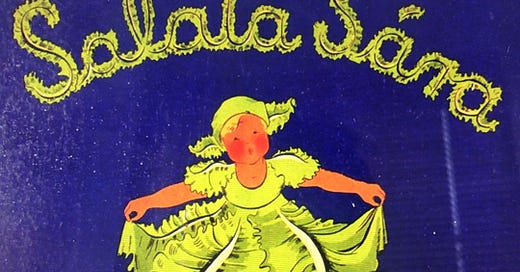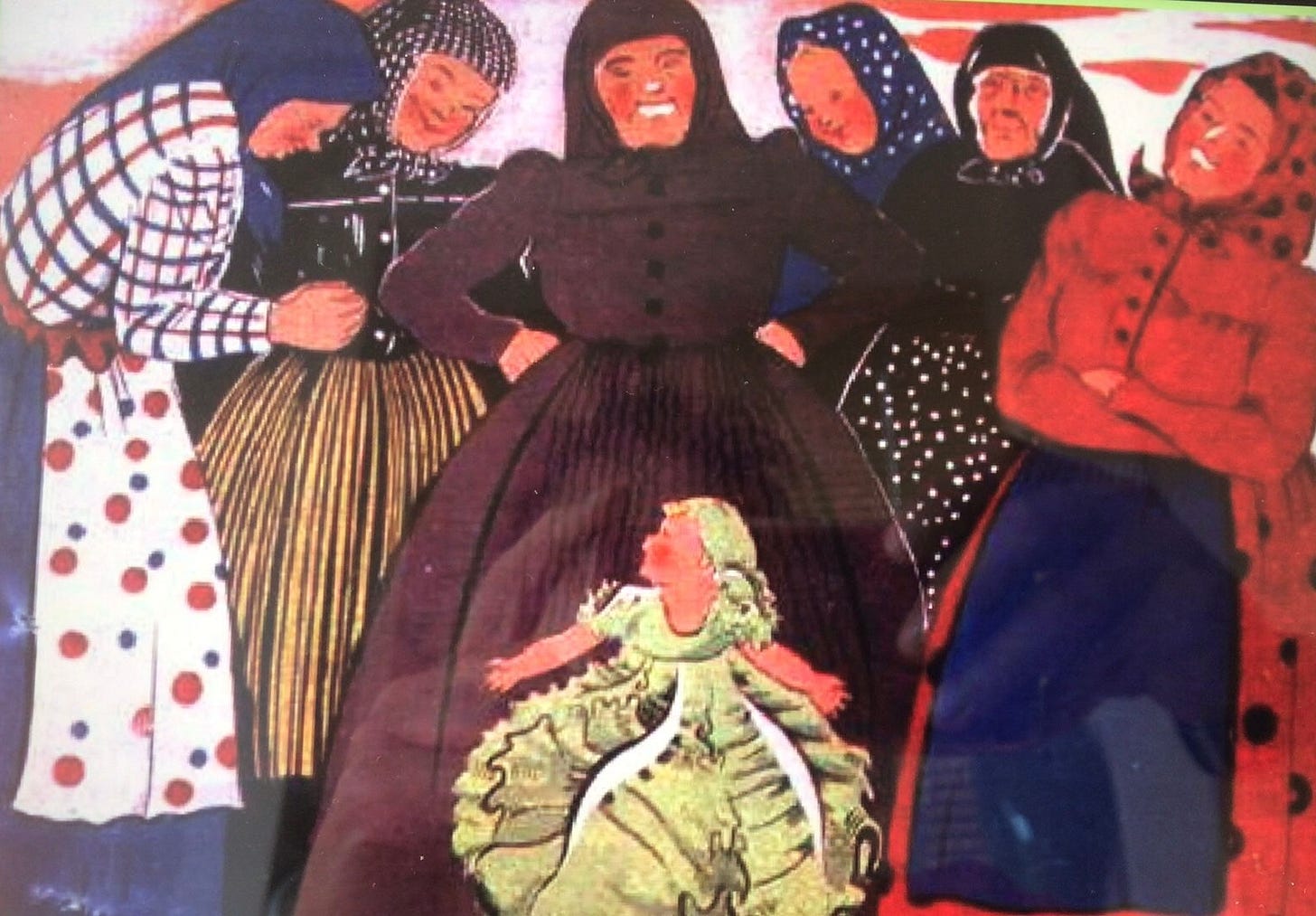What does being read to have to do with your writing style?
On my journey to find back my writing style I came across five pillars.Today I am writing about the first: you listen to the stories that were read to you. Let´s find out how this all connects!
If I ask which book has had an impact on your life, what will you answer?
Most likely you will not only give me the title, who wrote it and what it is about. By talking or even thinking about it, your memory will recollect the place where you read it. Maybe which season it was, the bag of chips you ate or music that played in the background. It will certainly bring back the stage of your life you were in and how you felt. Looking back it will give a renewed understanding why you needed to read that particular book.
In my last blog I wrote what impression a book by Finnish author Mia Kankimäki had on me. Her book led me to revitalise my memory on books that were read to me. Stories that formed my view and belief on how life and the world worked.
Memories of books I have plenty! Initially my thoughts did not lead me so much to specific book titles. It led me to the house where I grew up in. With the exception of the bathroom, every room in that house had a bookcase filled with books: big, small, new but mostly they were old and of great value. Not so much in money but more in emotional value. At least for my parents. These books were their connection to a previous stage in their lives. It represented their memories before world and life events brought them to the Netherlands.
So the first language I spoke and was read to was my parents mother tongue which was Hungarian. The atmosphere that was thus created made me feel I was in a Hungarian bubble. The many books certainly helped to create that. When stepping in the bedroom where we slept as kids, one wall was covered from floor to ceiling with a large bookcase. In that large bookcase space was made on a few shelves for children's books. In my early years it contained books that were written by Hungarian authors. In the following years authors from other countries were added as well. The Hungarian children´s books on those shelves were old, discoloured and had worn out covers. All signs that it was read many times. I loved looking at those books. And when I stood close enough I smelled the typical musty smell that derives from old books. A smell that even today brings me back into that room. We always handled the books carefully. These were namely books from my mother’s childhood. She had taken them with her when she came to the Netherlands in 1969. At the window side of the room my mother had made a cozy corner using colourful pillows and sheepskins on the floor. With our backs to the warm heating we would sit or lie around her while she would read to us.
Do you remember the first book that was read to you?
Suprisingly it did not take much time to answer this for myself: Saláta Sára. I must have been around four years old and going to pre-school, the place I learnt Dutch. At home we spoke Hungarian with our parents. As a result it made sense that my first memory was one of my mother´s childhood book. Written by Vilma L. Fittler who wrote several children´s books around and during WWII. The publisher must have thought that growing up in those dark years, children could do with some distraction. The cover of the book was bright blue and the head character pictured in bright green.
The story tells about a head of lettuce called Sára, who was dressed in lettuce and had face of a young girl with blond hair. As I pretty much looked the same with my blond hair, it was not difficult to identify myself with the main character of the book. The story started of cheerfully. Together with other vegetables, who all had human faces, Sára traveled on a wagon to the market. On the journey they were all cheerfully chatting with each other: ladies carrot, red kale, corn and cucumbers. Everybody was excited about the one question: who was going to buy them?!
At the market a group of women, all wearing traditional Hungarian dresses and headcovers stood around Sara. Overhearing them speak about her and the asking price, Sára interrupted and shouted stubbornly to them:
“I will let myself only be bought by the cook of the king!”
On reading the book again for this blog I called out loud:
“Way to go Sára! My big hero! This small and already being so decisive!”
But everybody laughed, walked away refusing to buy her. The part of the book ended with a reflection by the writer:
“How stupid was she to share her dream with others!”
(Yes the author used these words..)
As I had heard the story being read to many times I knew how it would end. Still I felt (and also while reading it again!) a certain sympathy towards Sára.
Is it a good idea to share a dream out loud?
I asked myself. As a child this book taught me to stay humble and keep my dreams to myself. Sára only had one dream: to be eaten by a King. A weird dream but it was her dream. Her dream was literally crushed. Interestingly a few weeks ago I asked someone about her dreams for life. She was taking a gap year and she told me that her biggest dream was just to be a student at a university. It did not really mater on which faculty. Just the experience of being a student. I was confused and moved at the same time as she explained herself:
“I think we can have different dreams at the same time and just try each one of them out.”
If her view on making dreams come true could work, than I could only applaud that! What a contrast to how the book ended namely with a higher moral: God saw Sára cry and made sure she was nourished with water and warmth. Instead of her dream coming true, Sára was rewarded with a hundred little baby face lettuces surrounding her. Nowadays unthinkable to have such a conventional ending. It fitted in that time era. I can understand, that a character like Sára gave my mother, being a small girl during wartime, a sense of security. In the end all would be well. Reading this story to us was her way of recollecting her memory. She passed on the feeling of security she had experienced when it was read to her. And that feeling had traveled 1500 km with her from the place that she would always call her ´home´.
How did this book influence my writing style?
As my childhood fantasy was fed by books with a high moral, it influenced the way I looked at how a story should be told and written. There had to be a main character that wanted to do good, or at least tried to do so. Then a mistake occurred or a bad figure came across. As a writer you had to pass on a certain feeling and understanding about good and evil. In the end of a story, there had to be the omnipresent God, adult or even an animal that made everything turn out right again. These types of children stories influenced the way I made my first steps into writing. And that was the next big challenge I had to face while growing up in a bilingual surrounding. It is the next pillar in my journey of finding back my own writing style:
Your learn to write!




